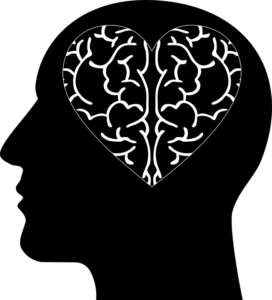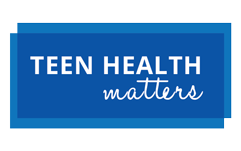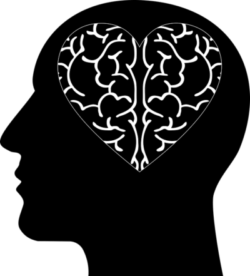 As of now, we are in midst of Mental Illness Awareness Week. During the week of October 7 to 13, the National Alliance on Mental Illnesses, also known as NAMI, raises awareness of mental disorders and promotes ways in which we can help spread understanding as well as support to people who experience those conditions. While it is important to talk about mental health often, this week is specifically meant to raise public awareness and encourage people to speak about it year-round.
As of now, we are in midst of Mental Illness Awareness Week. During the week of October 7 to 13, the National Alliance on Mental Illnesses, also known as NAMI, raises awareness of mental disorders and promotes ways in which we can help spread understanding as well as support to people who experience those conditions. While it is important to talk about mental health often, this week is specifically meant to raise public awareness and encourage people to speak about it year-round.
Important Information
Statistically, “1 in 5 American adults and children will experience a mental health condition in their lifetime.” This data gives people perspective on how prominent mental illnesses are in our world. With that being said, there is definitely a need to address and discuss the impacts of these illnesses and what we can do to support those in need.
NAMI’s Goals
NAMI is the nation’s largest grassroots mental health organization, intended and dedicated to “building better lives for the millions of Americans affected by mental illness”. They follow four specific principles: to educate, advocate, listen, and lead; thus, linking education programs, providing volunteer leaders with resources and skills necessary to save mental health in all states, offering a toll-free help line, and facilitating public awareness activities such as Mental Awareness Week. These concepts allow the organization themselves to engage and interact with all people, those who experience mental health conditions, and those who just want to learn and understand.
Reaching Out
So how can you help those who are faced with mental health issues?
One of the most important subjects that NAMI recognizes and emphasize is stigma surrounding mental illnesses. The “Free Stigma” campaign was launched in order to connect to a multitude of individuals through a quiz (to see if you have stigma), and a pledge, agreeing to end stigma and create hope for those affected by mental illness through “powerful words and actions”, shifting the social barriers constructed around those living with mental health conditions. Taking part in campaigns such as these can definitely help those who are ashamed of their own conditions, and encourages them to share their stories and so forth.
Resources
If you want to share your stories, by any means, including writing, videos, and, or pictures, visit
If you are concerned about your own or someone else’s mental health, reach out to someone you trust right away.
You can also contact the Grassroots Crisis Intervention 24-Hour Crisis Hotline
Talk: 410.531.6677
Visit: www.grassrootscrisis.org

